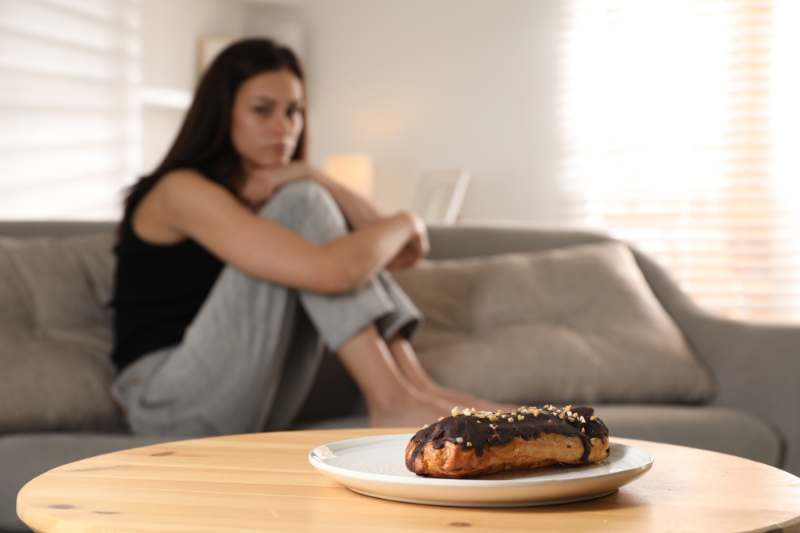If you’ve been diagnosed with H. pylori infection, you may already know how stubborn this bacteria can be. Standard treatment usually involves a mix of antibiotics and acid-reducing medicines—but recovery isn’t just about medication.
Your lifestyle choices can make or break your healing journey. Certain habits can worsen symptoms, interfere with treatment, and delay recovery from H. pylori.
Here are the most common lifestyle mistakes that slow down H. pylori healing—and how to avoid them.
1. Skipping or Incomplete Treatment
H. pylori is notoriously resilient. Not completing your antibiotics or missing doses can lead to antibiotic resistance, making the infection harder to treat.
Fix: Always complete the full treatment course as prescribed by your doctor.
2. Poor Diet Choices
Spicy, fried, processed, or acidic foods can irritate the stomach lining, worsening gastritis and delaying recovery. High-sugar diets may also promote bacterial imbalance.
Fix: Eat a soothing, gut-healing diet rich in:
- Probiotics (yogurt, kefir, sauerkraut)
- Anti-inflammatory foods (ginger, turmeric, green veggies, omega-3 rich fish)
- Lean proteins and whole grains
3. Overuse of NSAIDs & Painkillers
Medications like ibuprofen and aspirin weaken the stomach lining, increasing the risk of ulcers—especially if you already have H. pylori.
Fix: Avoid NSAIDs unless prescribed. Use alternatives like acetaminophen (paracetamol) for pain relief after consulting your doctor.
4. Smoking & Alcohol Consumption
Both smoking and alcohol irritate the stomach lining, reduce blood flow, and interfere with healing. Alcohol also interacts poorly with antibiotics.
Fix: Quit smoking and avoid alcohol completely during recovery.
5. High Stress Levels
Chronic stress increases stomach acid, disrupts gut bacteria, and weakens immunity—creating the perfect environment for H. pylori to thrive.
Fix: Incorporate stress-management practices like yoga, deep breathing, meditation, or light walks.
6. Poor Sleep Habits
Lack of quality sleep slows down gut repair and weakens immune defenses, making it harder to fight infection.
Fix: Aim for 7–8 hours of restful sleep, ideally with a consistent bedtime routine.
7. Eating Heavy Meals Late at Night
Lying down soon after eating can worsen reflux, bloating, and indigestion, putting extra strain on the stomach lining.
Fix: Eat smaller, more frequent meals and finish dinner at least 2–3 hours before bedtime.
8. Ignoring Gut-Friendly Support
Antibiotics kill both bad and good bacteria, often leading to gut imbalance. Without probiotics or gut-supportive foods, recovery may take longer.
Fix: Add probiotics (through diet or supplements) and fiber-rich foods to restore gut microbiome balance.
Final Thoughts
Recovering from H. pylori infection requires more than just medication. Lifestyle mistakes like skipping treatment, poor diet, alcohol, smoking, stress, and lack of sleep can all delay healing.
By making mindful choices—eating a gut-friendly diet, managing stress, avoiding irritants, and supporting your microbiome—you can speed up recovery, reduce symptoms, and protect your stomach lining.
Small changes add up, and when combined with proper medical care, they give you the best chance at long-term relief.


